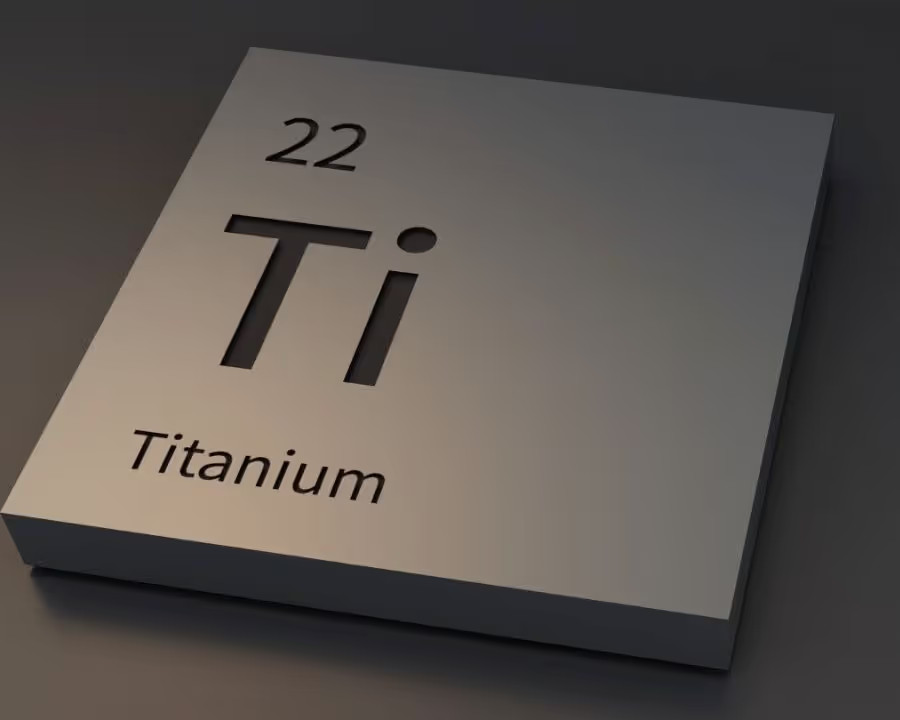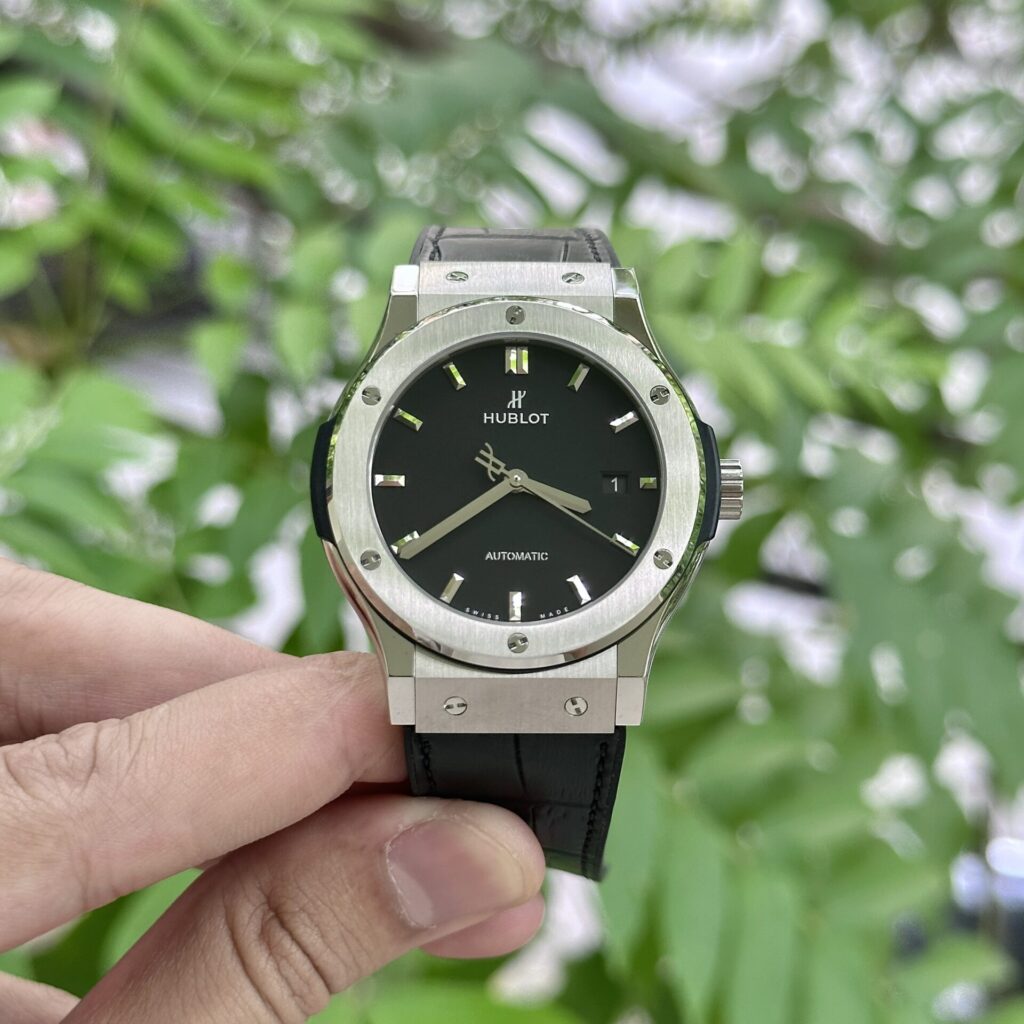Titanium, with its corrosion resistance and high oxidation resistance, has become a preferred material in industries such as aerospace, medical, and particularly in replica watch, enabling watches to be durable and resistant to harsh environmental factors like seawater or high temperatures. Let’s explore the characteristics of this material through the article below.
What is Titanium?
Titanium is a chemical element discovered by Martin Heinrich Klaproth in 1795. With a purity of nearly 99.2%, it is one of the hardest metals and exhibits excellent corrosion resistance. Due to this property, titanium is widely used in various industries including aerospace, medical, and watch manufacturing.
Physical and Chemical Properties of Titanium
Physical properties: Titanium has lower thermal and electrical conductivity compared to many other metals. When cooled to extremely low temperatures, it becomes superconductive, which has applications in various scientific fields. The surface of titanium has the ability to naturally form an oxide layer that protects against corrosion.
Chemical properties: Titanium exhibits high corrosion resistance and is not easily oxidized. This makes it an ideal choice for applications in harsh environments such as seawater or corrosive fluids.

Titanium material is a unique metal known for its outstanding properties such as corrosion resistance, high strength, lightweight, and non-allergenic characteristics. Below are some advantages and disadvantages of titanium along with its common applications:
Advantages of Titanium
- Lightweight: Titanium is about 40% lighter than stainless steel, making products made from this material easy to move and comfortable for daily use.
- High Strength: Titanium has high hardness and durability, resisting corrosion from many liquids and acids, as well as being rust-resistant, making products durable with good color retention.
- Non-allergenic: It is a skin-safe metal that does not cause irritation, making it an ideal choice for people with sensitive skin.
- Scratch Resistance: The surface is often pressure-compressed to create a durable coating, helping to resist scratches and maintain the beauty of the product.
- High Polishability: Maintains a mirror-like polished surface, keeping the product looking new and attractive.
- Low Thermal Conductivity, High Heat
- Resistance: Titanium is not easily affected by high temperatures and can withstand temperatures up to 1668 degrees Celsius, making it a good choice for applications in high-temperature environments.

Disadvantages of Titanium
- High Cost: Titanium is a rare metal, and its production process requires advanced technology and is costly, leading to higher costs compared to many other metals.
- Susceptible to Corrosion in Seawater Environments: Although titanium has good corrosion resistance, it can still weaken and reduce lifespan with prolonged exposure to seawater environments.
- Difficult to Machine: Titanium’s high hardness and strength make the machining and fabrication process challenging and expensive.
Applications of Titanium
- Jewelry: Used in jewelry manufacturing for safety, durability, and corrosion resistance.
- Medical: Utilized in the production of medical devices such as artificial bones, heart valves, and surgical instruments due to its safety and biocompatibility.
- Aerospace and Space Industry: Titanium is used in manufacturing aircraft components and spacecraft due to its lightweight and high durability.
- Pigments and Additives: Titanium is used to produce everyday products such as paper, plastics, and toothpaste, as well as in paints and cosmetics.
- Marine Industry: Applied in the construction and production of marine components and equipment such as propeller shafts, hulls, heat exchangers, and conduits.

In summary, we have discussed the advantages, disadvantages, and exceptional properties of titanium in watchmaking and various other industries. Thanks to its unique combination of durability and dazzling beauty, titanium has become favored for use in many fields. This material also appears in numerous high-end watch designs today.
For over 100+ Hublot replica watch models, please visit Mon Luxury collection that may interest you!





